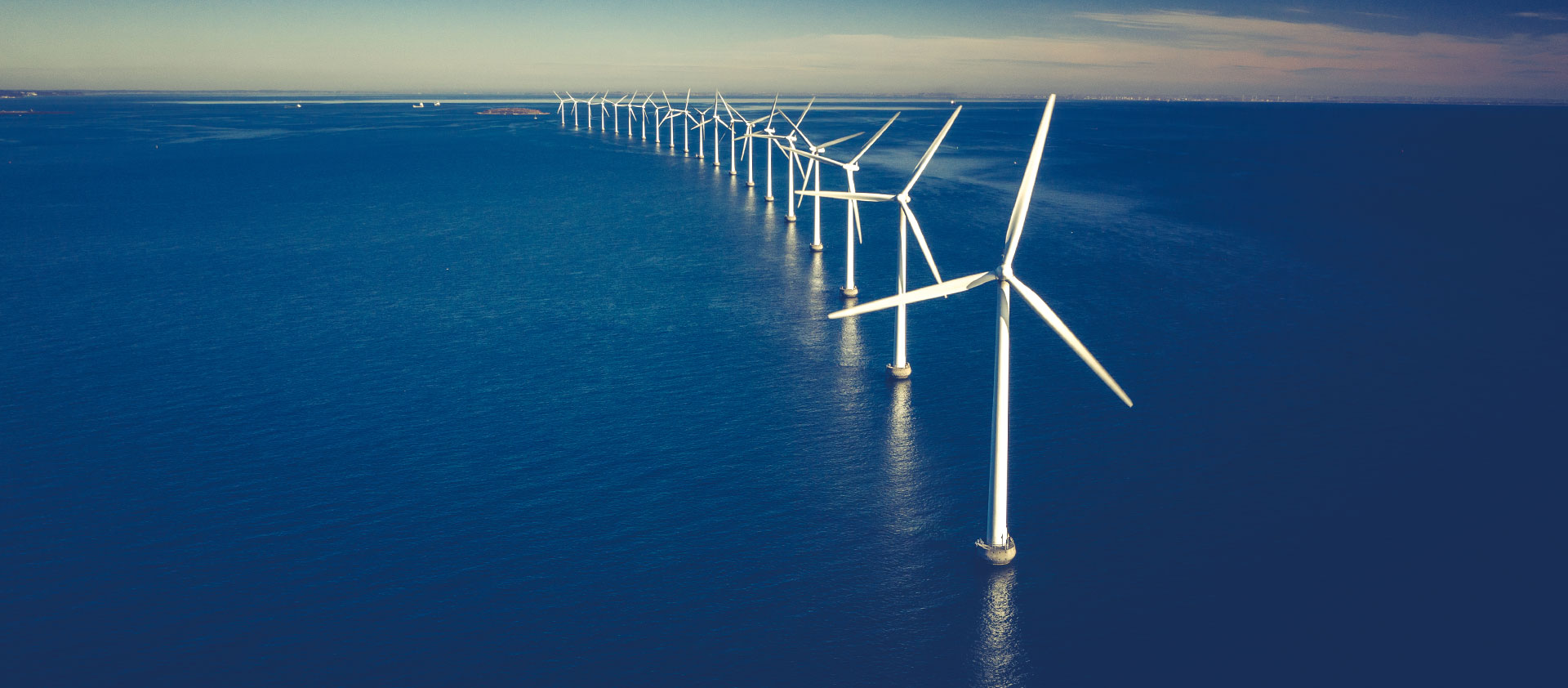Videos
INTERVIEW | Tim on AusBiz: COP30, the impact on business & Australia’s green iron opportunity
AusBiz
Tim Buckley from Climate Energy Finance highlights global developments at COP30, pointing to the critical importance of aligning global policy with climate science. Buckley notes that Europe has led the way with its robust emissions trading scheme and carbon border adjustment mechanism. Buckley contends Australia should draw inspiration from Europe, especially regarding carbon pricing and enhancing the Albanese government’s safeguard mechanism. Strengthening this mechanism is seen as essential to send a clear price signal for long-term investment and to align with international decarbonisation efforts. This is critical to Australia leveraging its green iron and steelmaking opportunities in SA and in WA, as CEF releases its Whyalla Steelworks decarbonisation report and Rio announces a partnership with Calix to test green steel production in WA.
Read more
INTERVIEW | National Party has abandoned Net Zero
The National Account
The National Party has abandoned Net Zero, attributing their decision to research done by their own party-affiliated think tank, the Page Research Centre.
Read more
INTERVIEW | Tim on Sky News Breakfast for Australia’s 2035 Climate Target
Sky News
This discusses the Australian government’s ambitious target to reduce emissions by 62–70% by 2035, although they had hoped for a 75% target. They highlight that climate risk reports, supported by scientists, emphasise the financial and environmental risks of inaction, with potential costs reaching A$50 billion annually by 2050. The speaker stresses the importance of aligning with global efforts, particularly in North Asia, to ensure future economic stability. They argue that transitioning to cleaner energy will not only benefit the environment but also reduce energy costs and create economic opportunities, despite opposition from some groups.
Read more
INTERVIEW | Tim Buckley on Australia’s Climate Targets – ABC Close of Business
ABC News
Tim’s interview starts at 11:18 of the video.
Tim Buckley discusses the Australian government’s emissions reduction target of 62–70% by 2035, acknowledging it’s lower than climate science suggests but a significant step up from previous years. He stresses the importance of balancing ambition with economic feasibility, especially with public misinformation. Buckley highlights that a carbon price, similar to Europe’s, would spur financial solutions, particularly for Australia’s resource export industry. He warns against the opposition’s stance on net-zero, calling it economically and morally detrimental. Despite criticism, Buckley remains hopeful about Australia’s potential to become a global exporter of green energy technology, offering significant investment opportunities.
Read more
INTERVIEW | Tim on Sky News for 2035 climate target 62% to 70% reduction
Sky News
Tim Buckley discusses Australia’s climate targets, emphasising the need for a 62-70% emissions reduction by 2035, though he had hoped for a 70% target. He supports the government’s allocation of funds for clean energy, but questions the long-term viability of coal exports due to global decarbonisation efforts, particularly by China, Japan, and Korea. Buckley highlights China’s massive investment in renewable energy and green technologies, asserting that Australia must pivot towards green exports like green steel and hydrogen. He argues that Australia should focus on aligning with Asian trade partners’ decarbonisation efforts, noting that future growth lies in these green industries.
Read more
INTERVIEW | Australia’s “green iron” export opportunity
AusBiz
Tim Buckley from Climate Energy Finance outlines growing urgency for Australia to take decisive action on climate change, highlighting stark risks for the economy and society if current trends continue. Buckley points to the Federal Government’s National Climate Risk Assessment, describing it as a clear signal of the significant economic consequences for Australia if climate science is not appropriately addressed. He calls for a government-wide approach to reforming Australia’s economy and exports, with an emphasis on pivoting the country’s leading mining sector towards value-added products that can support the decarbonisation of major trade partners.
Read more
INTERVIEW | Calls to cap diesel fuel rebate for mining giants
Sky News
Climate Energy Finance Director Tim Buckley has called for reform of Australia’s diesel fuel subsidy.
This comes as business groups have expressed concern following Labor’s economic reform roundtable.
“What we have called for is a $50 million per company, per annum cap to the diesel fuel rebate,” Mr Buckley told Sky News Australia.
“Not one farmer, not one truck driver, not one small or medium-sized enterprise will be affected; it only affects the 15 largest mining companies in Australia.”
Read more
INTERVIEW | Tim Buckley at SkyNews Melbourne on Green Steel
Sky News
Tim Buckley highlights the immense opportunity and risk for Australia in the global push for green steel. As the world’s […]
Read more
INTERVIEW | How Australia can double the value of its iron ore exports
AusBiz
Tim Buckley from Climate Energy Finance highlights the major opportunity for Australia and China to collaborate on green steel production, describing the sector as one of the world’s most carbon-intensive industries. Buckley outlines that conventional steelmaking generates over two tonnes of carbon emissions per tonne of steel but sees significant emission reduction potential—up to 95%—by using renewable energy and modern technologies in place of coking and thermal coal. He points to South Korea’s recent $600 million investment in a steel plant set to achieve substantial emissions cuts as indicative of global momentum.
Read more
Australia’s untapped economic potential in the global energy transition | Tim Buckley | TEDxSydney
___
INTERVIEW | Jaynie Seal and Tim on Australia’s Carbon Challenge
Sky News
Tim Buckley, Director of Climate Energy Finance, discussed the growing momentum around carbon pricing in Australia and the need for […]
Read more
INTERVIEW | The real cost of nuclear on ausbiz
AusBiz
Tim points out that nuclear energy’s capital costs are underestimated, with real expenses potentially 300% higher. The modelling excludes major post-2050 costs, painting an unrealistic picture. Tim suggests the shift to renewable energy would be more economical.
Read more
